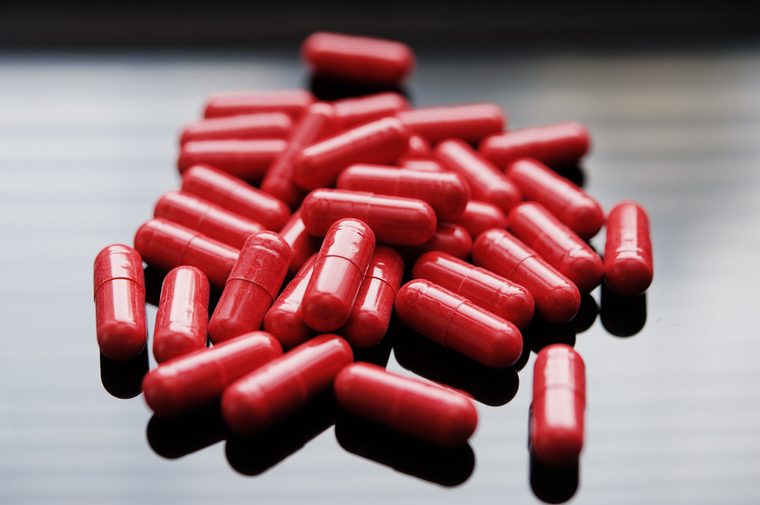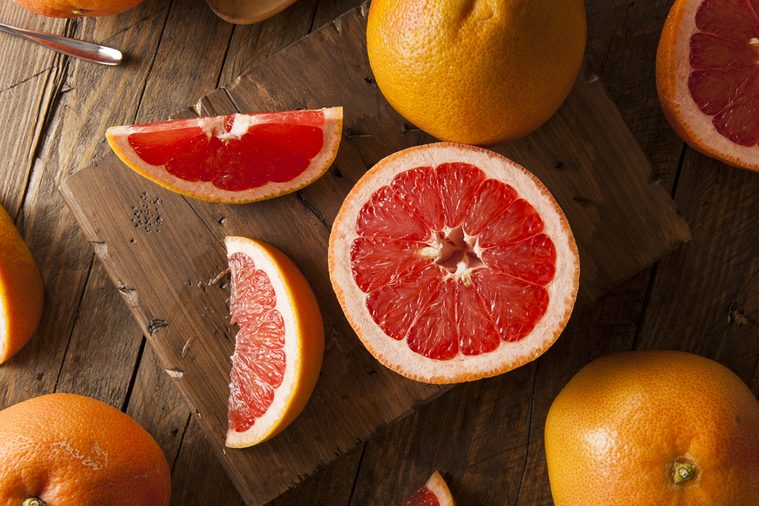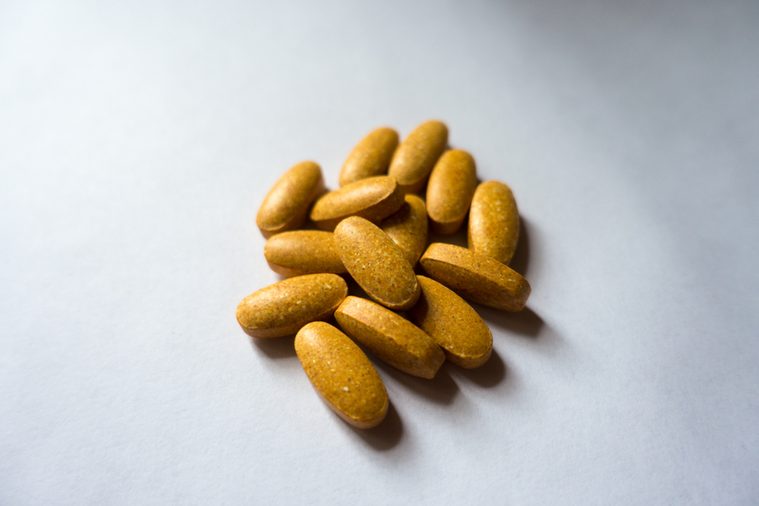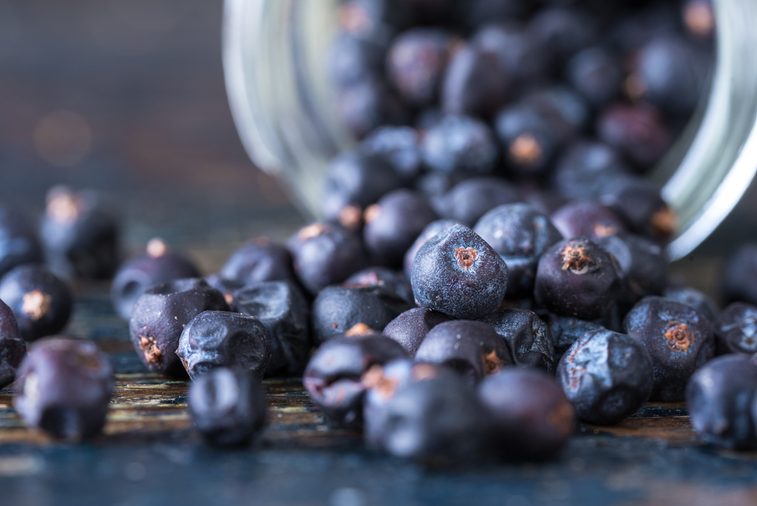Which is better, supplements or food?
Around three-quarters of Americans use nutritional supplements—and 92% say they believe supplements are essential to maintaining their health, according to a 2023 Ipsos survey for the Council of Responsible Nutrition (CRN). But “Supplements are poorly regulated,” explains Julia Zumpano, RD, LD, a registered dietician with the Cleveland Clinic Center for Human Nutrition. “They may not be providing what they are stating they do unless they are third-party tested.”
It’s important to know that the US Food and Drug Administration (FDA) does not regulate supplements, which means many of these products haven’t undergone safety or efficacy studies. In fact, the FDA estimates there are between 50,000 to 80,000 adverse reactions to dietary supplements every year. And even when they’re safe, the supplements may not work as their marketing claims, they may be providing a form of a nutrient you cannot absorb, or you may be taking them incorrectly, which can affect absorption, Zumpano says. “You don’t need to be concerned with this when nutrients come from food.”
Nutrient-dense foods provide more benefits than individual supplements, too. Research published in the Annals of Internal Medicine found no advantage to taking dietary supplements and that when compared to nutrients in food form, nutrients found in supplements often don’t offer the same health effects.
Get The Healthy by Reader’s Digest newsletter
Can supplements be harmful?
Aside from the risk of adverse reactions, it can sometimes be harmful to take supplements that you don’t actually need. “Not all supplements are water soluble,” explains Kendra Weekley, RDN, a registered dietician with the Cleveland Clinic for Human Nutrition. Water soluble means that it can dissolve in water, and therefore you can get rid of what you don’t use (typically in urine). “But there are some vitamins and minerals that you store and cannot get rid of the excess,” she says. “Too much of these vitamins and minerals can lead to toxicity—for example, vitamin A, vitamin E, vitamin D, and vitamin K are all stored in the fat and are not excreted when there is excess.”
Some vitamins and minerals also compete for absorption. “This means that the same cells can transport more than one micronutrient,” Weekley explains. For example, the same cell uptakes both copper and zinc. “So, if you are supplementing high-dose zinc for immunity or wound healing for an extended period of time, you are at risk for low copper levels.”
Lastly, “We need to remember where these vitamins and minerals are metabolized,” Weekley says. If you have renal or liver disease, it is important to check with your providers to see which supplements are safe to take. “Many herbs, vitamins, and minerals are broken down in the liver and filtered in the kidney, so if you have liver or renal disease, certain supplementation can cause damage to these organs.”
Supplements nutritionists don’t take
“Most supplements don’t have much scientific data or good quality data behind them,” Weekley says. This lack of safety and efficacy studies can, at worst, cause adverse reactions or, at best, have little to no beneficial effect—and at a high price point. “Sales [of supplements] increased by 50% between 2018 and 2020, with sales exceeding $220 billion in 2020,” she says. “People are spending a lot of money on supplements, which brings me back to my first point: Getting these micro and macro nutrients through food is the better and sometimes more affordable option.”
While nutritionists often encourage a food-first approach, there are times when supplementing is a great option. “For example, a person with low vitamin D on blood work should take a vitamin D supplement.” But, in general, nutritionists warn against overdoing it on certain supplements—and skipping others altogether.
Iron
“Iron is sometimes prescribed based on certain medical conditions, but use caution—it can have unpleasant side effects, including stomach upset and constipation,” says Ginger Hultin, MS, RDN, CSO, a Seattle-based registered dietitian nutritionist and adjunct faculty at the Bastyr University Center for Natural Health.
But taking iron supplements when you don’t need them can be harmful, too, according to the National Institutes of Health (NIH). High doses of iron supplements can cause abdominal pain, inflammation of the stomach lining, and ulcers—and it can also decrease your body’s zinc absorption. In some people, excess iron builds up in their bodies at toxic levels—an inherited condition called hemochromatosis—which can lead to serious organ damage.
“Take [iron] only if you to, and in the doses recommended by your doctor,” Hultin says. She suggests ensuring that you get the mineral from food, such as fortified breakfast cereal, oysters, beans, dark chocolate, tofu, lentils, spinach, meats like beef and chicken, and other sources of iron.


































